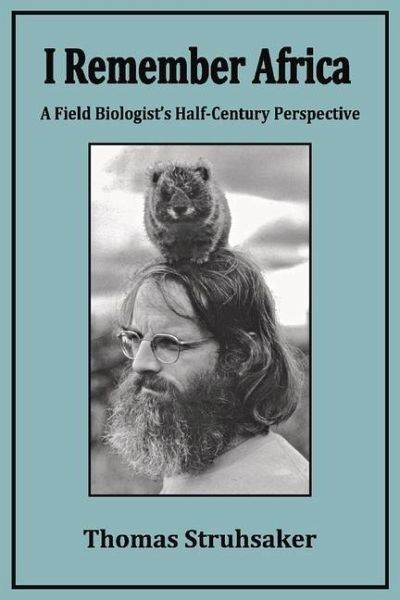
I Remember Africa: A Field Biologist's Half-Century Perspective
Versandkostenfrei!
Versandfertig in über 4 Wochen
23,99 €
inkl. MwSt.

PAYBACK Punkte
12 °P sammeln!
I Remember Africa is a memoir based on the author's wildlife research and conservation efforts in Africa spanning 56 years (1962-2018). It describes some of the challenges scientists and conservationists faced in the early days of field research on primates and other wildlife in Africa. The stories range from the savannas of East Africa to the rain forests of Central and West Africa. The Kibale Forest in Uganda was the author's home for 18 years (1970-1988) during the reign of vicious dictatorships, genocides, civil wars, and economic collapse. The author describes how he, his colleagues, and ...
I Remember Africa is a memoir based on the author's wildlife research and conservation efforts in Africa spanning 56 years (1962-2018). It describes some of the challenges scientists and conservationists faced in the early days of field research on primates and other wildlife in Africa. The stories range from the savannas of East Africa to the rain forests of Central and West Africa. The Kibale Forest in Uganda was the author's home for 18 years (1970-1988) during the reign of vicious dictatorships, genocides, civil wars, and economic collapse. The author describes how he, his colleagues, and students managed to continue with their research and conservation efforts in Uganda, despite these adversities. Their efforts, along with many others, eventually led to the creation of The Makerere University Biological Field Station and The Kibale National Park. The stories relate humorous and uplifting experiences, set in the context of very dark times. The author also describes the behavior of the primates and other creatures he shared the forest with. This memoir tracks some of the many changes that have transpired in Africa over the past half-century. (604 pages with 110 photographs)












